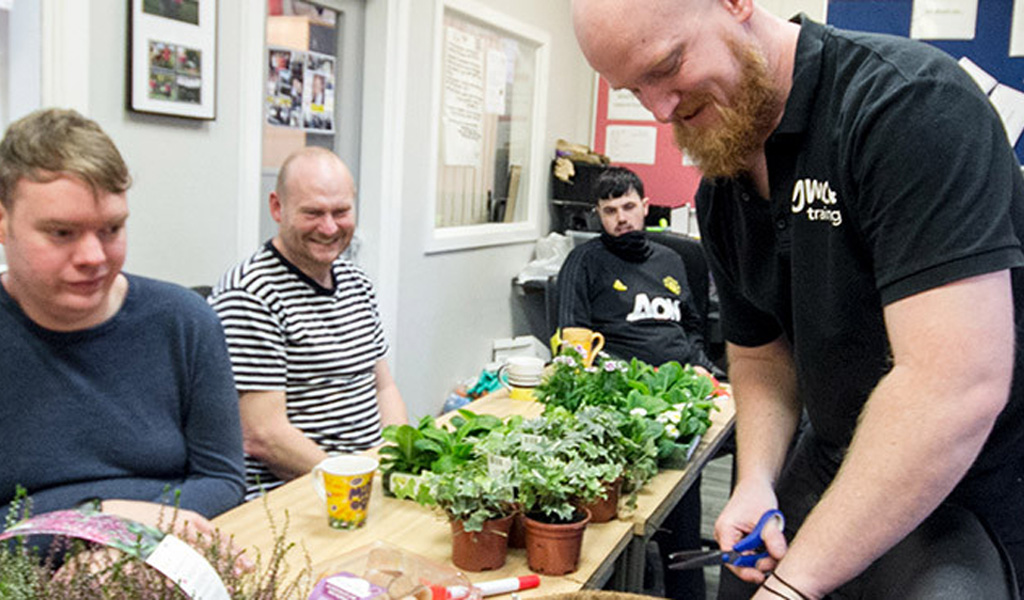Health and Social Care Courses
Caring for vulnerable people with kindness, consideration, dignity and respect
Lets get hands on
Working in healthcare you can be sure that you’ll make a difference in people’s lives. It can be a deeply rewarding sector to work in. But, demanding too.
You might find yourself working in the NHS, private healthcare or charitable sector. Wherever you’re working a caring personality is an essential ingredient for success. You have a duty of care to safeguard and care for vulnerable people; their health and wellbeing rely on your skills, knowledge and behaviour, that’s a lot of responsibility.

Our career-focused courses and programmes

Study Programmes
This is the first step for school leavers, aged 16-19. You will work towards a qualification whilst building on employability skills, receive personal and professional development and achieve the level of Maths and English is required.
L1 Award/Certificate/ Diploma in Introduction to Health, Social Care and Children’s and Young People’s Settings
L2 Certificate in Preparing to Work in Adult Social Care

Pre-apprenticeship
Our Business Admin Pre-apprenticeships are a great way for 16-24 year olds to develop first-hand experience of working within a range of industries from fashion to technology. You’ll also get essential work preparation training and work on your maths and English if required.

Health and Social Care Apprenticeships
Apprenticeships are simply jobs with training. You typically receive training to support your career 1 day a week. You get paid, gain a qualification as well as valuable skills and experience. Anyone between the ages of 16-65 can apply to become an apprentice.
Level 2 Adult Care Worker
Level 3 Lead Adult Care Worker
Level 4 Lead Practitioner in Adult Care
Level 5 Leader in Adult Care
Speak to one of our expert advisors to help you with your options
Our latest news, feature, stories and profiles
It’s never too early or late to make that career change
YMCA Training offers a route into professional landscaping, regardless of ability….
Caitlin: “I had a lot of support and reassurance throughout”
YMCA is a crucial lifeline for people like Caitlin who have struggled…
19-year-old Elle wins YMCA Apprentice of the Year Award
19-year-old Elle wins YMCA Apprentice of the Year Award…





